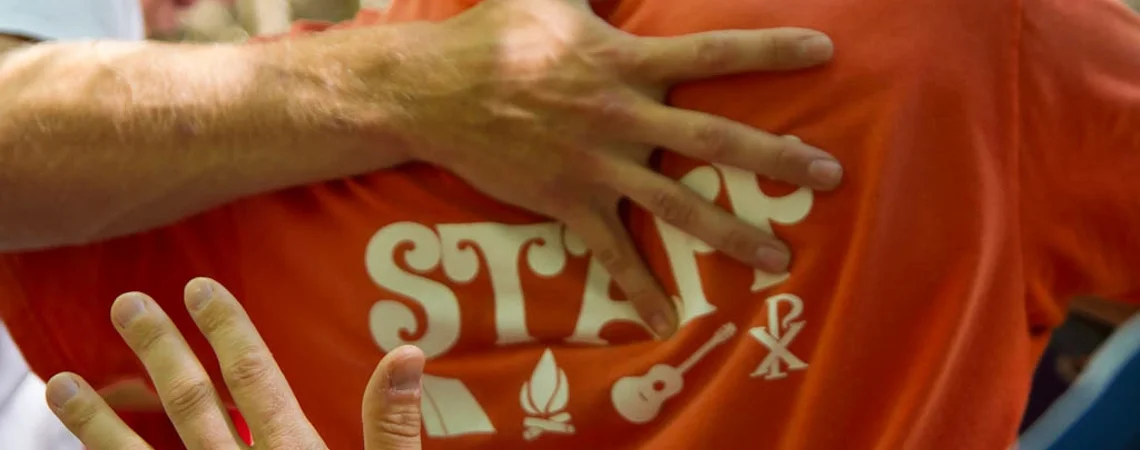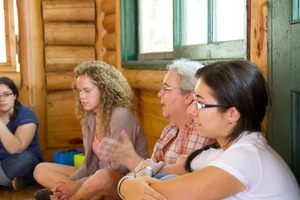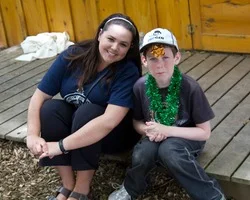Breaking Down Challenges Into Smaller, More Manageable Pieces
Three whistles, a siren, and a foghorn. The three signals of a waterfront emergency at camp (when I worked there). As a staff member, when the signals sounded, it was our job to find the missing camper as quickly as possible. 
A missing camper is a terrifying thing. And it is at this time, when a camper may need us most, that we have to overcome our fear and anxiety for the situation, and perform out best search as a team, on land, and in the water.
With a heavy load of responsibility on our shoulders, we learn a critical lesson for leaders. Finding a missing camper is challenging, and the protocol we deploy as a team of staff members is one of the most tactical and strategic out of all of camp’s protocols.
I’ve already used the word team in this blog post twice. That too, like the search procedure was tactical. As a staff, we would not be effective at all if we just started yelling and running around camp looking for the missing person. We also wouldn’t be working as a team either.
The emergency search protocol is a team event, where the big challenge of finding a missing camper as quickly as possible is broken down into more manageable chunks (or roles).
There are a few major divisions of responsibility that help us act more quickly and increase our effectiveness.
The first is identifying who on staff, in the event of an emergency, would be a runner (ground search) and who would be a diver (water search). The runners would be further split across three land routes, and deployed in a beginning-end or end-beginning fashion in order to have the most coverage of the surface area of camp’s property.
The divers would also be split. The swimming area was divided into four lanes, and each lane had a different depth at the bottom of the lake. The divers would always be in the same lane, with their own team for lane 1, lane 2, lane 3, and lane 4. There would also be divers who covered the boating docks, the shallow end, and the shoreline.
No single person was responsible for finding the missing camper. By splitting up the staff across the various roles, we acted as a team. Acting as a team made the bigger challenge much more manageable.





